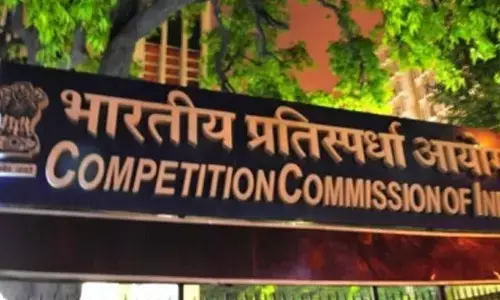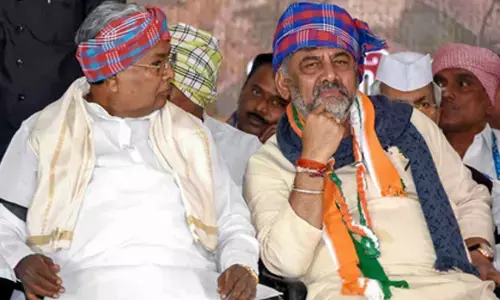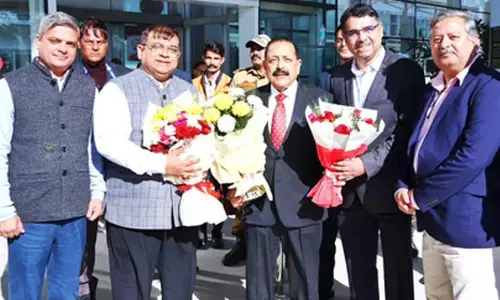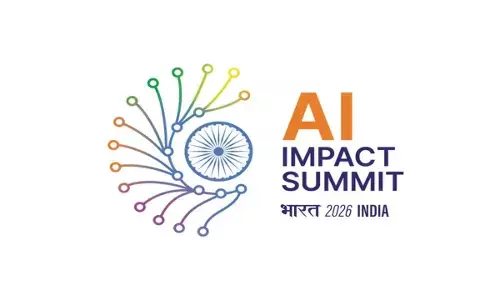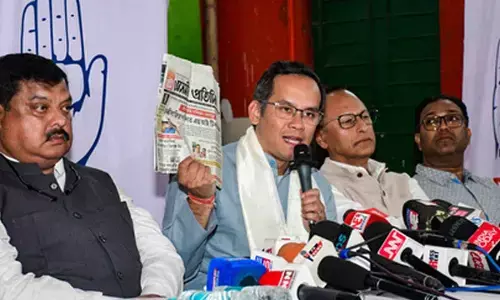US asks Pakistan to prosecute terrorists like Saeed and Azhar
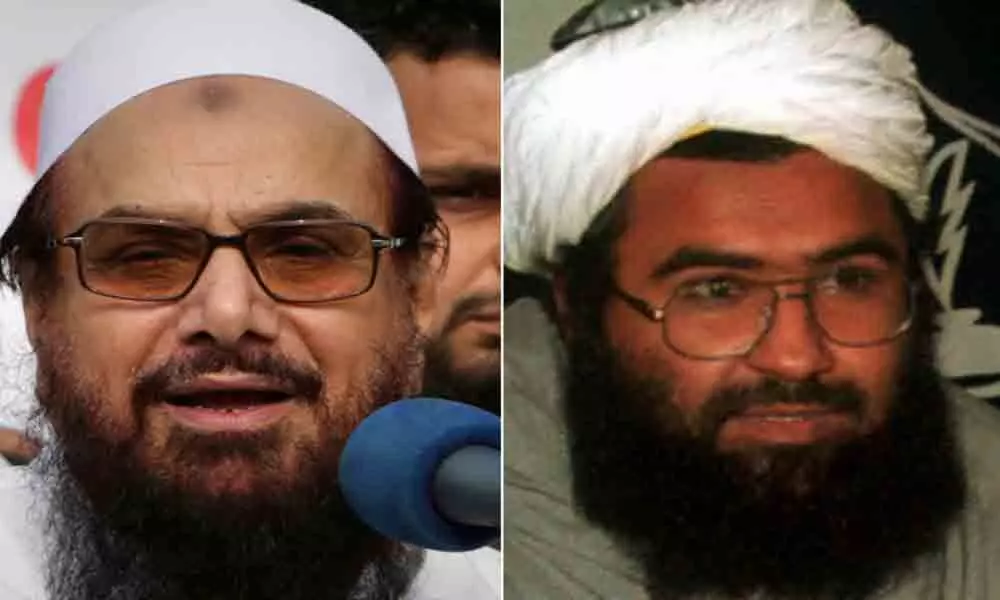
The US has asked Pakistan to prosecute terrorists like Hafiz Saeed and Masood Azhar, saying the reduction of the Indo-Pak tensions would depend on Islamabad's seriousness in taking action against those who engage in "cross-border infiltration".
United Nations (PTI): The US has asked Pakistan to prosecute terrorists like Hafiz Saeed and Masood Azhar, saying the reduction of the Indo-Pak tensions would depend on Islamabad's seriousness in taking action against those who engage in "cross-border infiltration".
Alice Wells, US Acting Assistant Secretary for South and Central Asia, during a special briefing during the 74th Session of the United Nations General Assembly, when asked about President Donald Trump's offer to mediate on the Kashmir issue, said "I think Prime Minister (Narendra) Modi has made it clear his position that he's not seeking mediation." Trump met Prime Minister Modi and Pakistan premier Imran Khan separately on the sidelines of the UN General Assembly session here this week. The president is willing to mediate if asked by both parties, she said.
"I think what we would like to see are the conditions whereby India and Pakistan can have a constructive conversation that leads to an improvement of relations between the two nuclear powers," she said. "And obviously, that is going to hinge off of counterterrorism, off of Pakistan's seriousness of effort in ensuring that groups don't take advantage and engage in cross-border infiltration, that there are serious steps to implement the Financial Action Task Force action plan that Pakistan has committed to, and which includes the prosecution of UN-designated terrorists," Wells said.
"So whether it's Hafiz Saeed who currently is in custody and under prosecution, but also leaders of Jaish-e-Mohammed, like Masood Azhar, who long have been able to exploit their presence on Pakistani soil," she added. Tensions between the two countries have spiked since India abrogated Article 370 of the Constitution to revoke the special status of Jammu and Kashmir in August. India's decision evoked strong reactions from Pakistan, which downgraded diplomatic ties and expelled the Indian ambassador.
Pakistan has been trying to internationalise the Kashmir issue after India withdrew the special status of Jammu and Kashmir, but New Delhi has asserted the abrogation of Article 370 was its "internal matter". Wells said the region's stability and economic growth has long been "unnaturally constrained" because Central Asia is not taking advantage of the natural north-south trade into India. Pakistan is also not benefiting from living next to a 1.3 billion-person market, she said, referring to India.
The benefits of improved relations between India and Pakistan are obvious, she said. She also criticised Khan for not speaking out against China, which has detained an estimated one million Uyghurs and other Turkic-speaking Muslims in Xinjiang province. China is an all-weather ally of Pakistan. Beijing has often come to the rescue of Islamabad by scuttling global efforts to impose sanctions against Pakistan-based terrorists like JeM chief Azhar.
"I would like to see the same level of concern expressed also about Muslims who are being detained in Western China, literally in concentration-like conditions. And so being concerned about the human rights of Muslims does extend more broadly than Kashmir, and you've seen the administration very involved here during the UN General Assembly and trying to shine a light on the horrific conditions that continue to exist for Muslims throughout China," Wells said.








